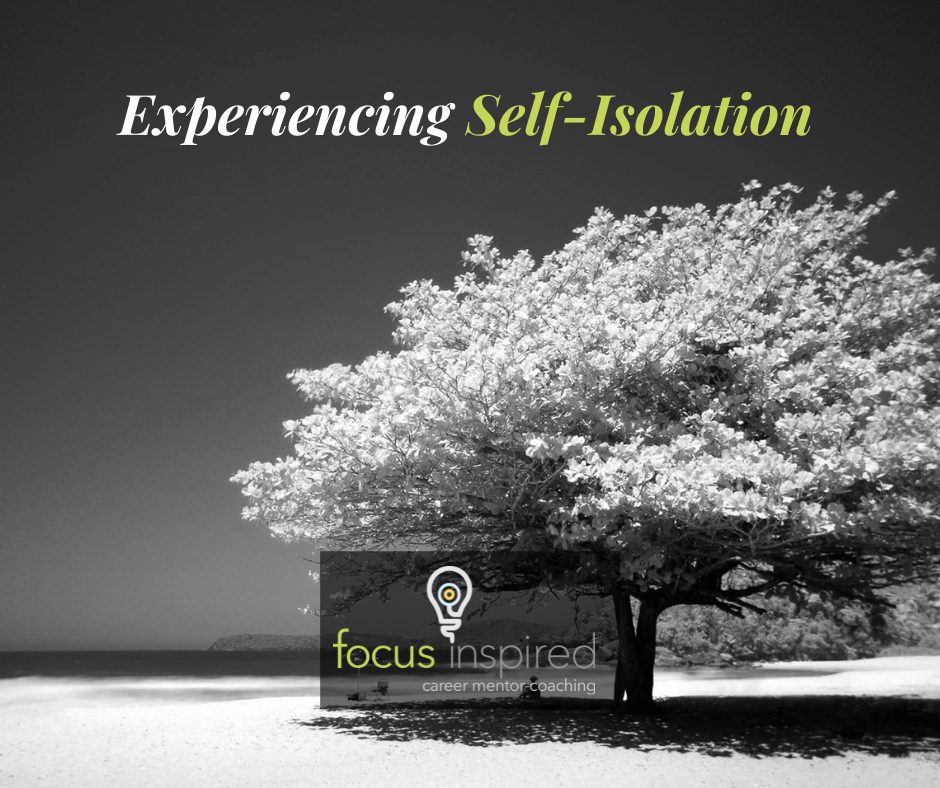
Experiencing Self-Isolation
Last week, I wrote to the blog about Seasonal Affective Disorder, or SAD, and a few helpful tricks on how to manage it. Of course, this type of phenomenon doesn’t decide to just give you a break just because there’s a pandemic on, and it can certainly pile up quickly if you’re not careful. Recently, I had to self-isolate at the threat that I had contracted Covid-19, and despite the fact that I eventually had two negative tests and determined it was likely just the common cold, it was still quite worrisome at the time.
Now, I have received three doses of vaccine to help me combat Covid if I ever did contract it, but despite this, it is still very possible to get sick. I was quite concerned that I might contract the virus and pass it along to my family, a few of which are helping to take care of my grandmother in the hospital. My family and I are at a much lower risk than my grandparents in terms of getting seriously ill, but even if we are a little sick, there is a chance that we might be able to pass it along to them, something we all agreed we cannot afford to risk.
So, isolation it was. It was a challenge having to manage keeping my distance from others in the same house, especially when I required at least a bathroom to take care of necessities. I was very fortunate to have people who could leave food and drink outside my door to retrieve, but it still meant I was confined to the same four walls for the grand majority of my day. Keeping busy wasn’t too difficult, but keeping my mind and body active was another challenge altogether. Isolation meant keeping the door closed, and with temperatures outside occasionally too cold to keep a window cracked open for long, it frequently meant that the air would get very stale from time to time.
When you don’t exercise, your body has too much energy left unused, and you will have lots of physical energy even if you are mentally exhausted. This lack of exercise combined with continuing to work using my work laptop in my room, an intentional lack of air circulation from my room, and the constant worry that what I was feeling was actually Covid, mentally exhausted me very quickly. This led to poor sleep, which made it that much harder to concentrate. Symptoms progress, general tiredness increases, anxiety worsens, the cycle continues.
I’m not going to sit here and pretend to think I had it rough. I had everything I could have needed outside of a bathroom and food or drink in my space, and there was plenty for me to do to keep me occupied. In the end, it wasn’t even Covid. The trouble with anxiety is that it doesn’t care about winning a situational severity contest, it’s entirely about what is going on in your head at that moment. Everyone experiences anxiety differently, and it’s important to ensure you are using the strategies you know how to use to ensure you’re doing the best that you can. I had people who were more than happy to talk with me, people around me who were happy to support me in my time of need, and I had predetermined my best strategies for coping with anxious situations. It didn’t fix everything, but it helped a lot.
The moral here which I hope you can take away, don’t wait until you’re experiencing anxiety to find ways to deal with it. Plan for it, find your strategies, and implement them when they are needed. You will thank yourself for that preparation. I sure am.
Follow:Share: